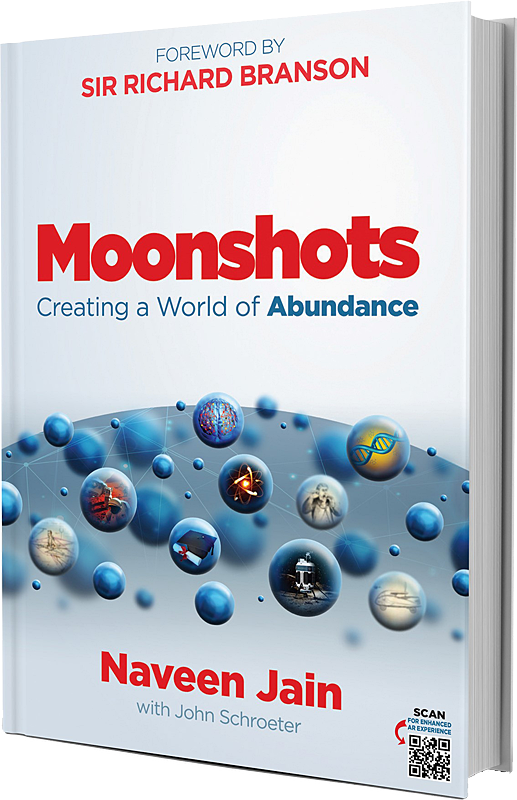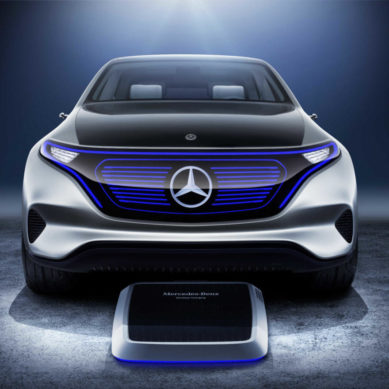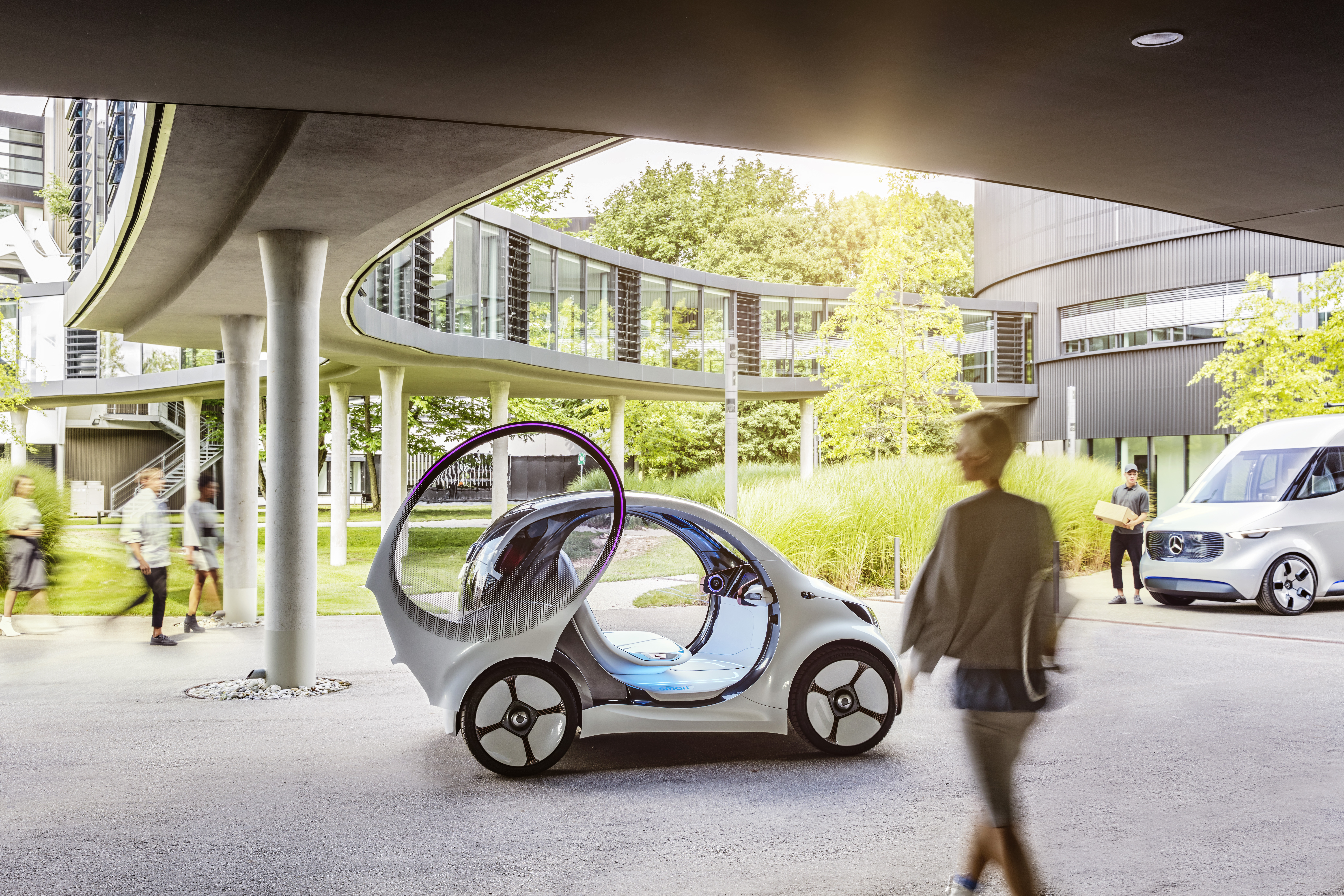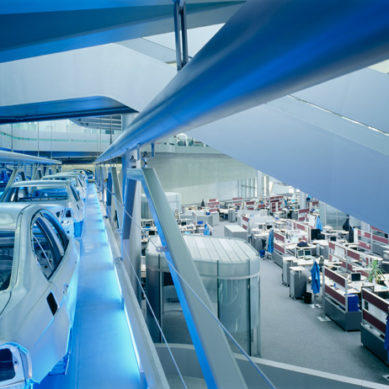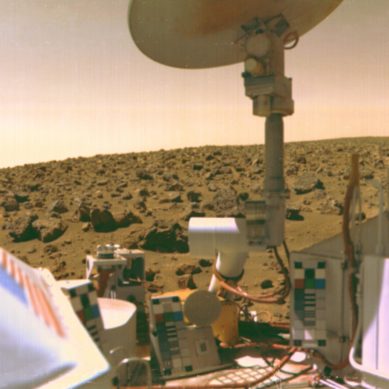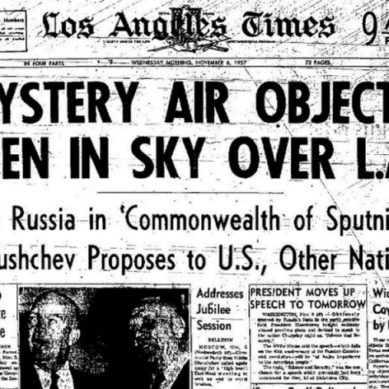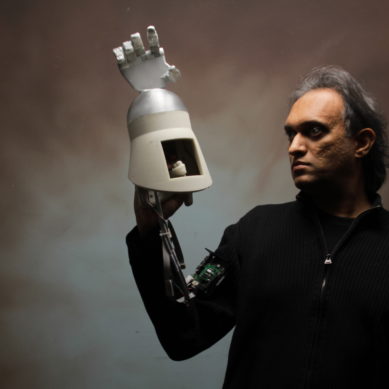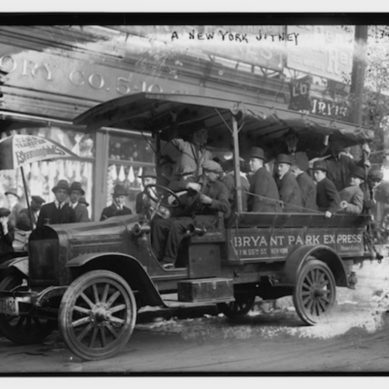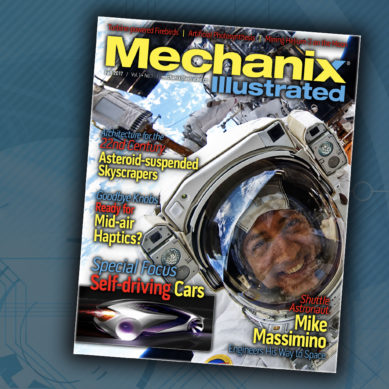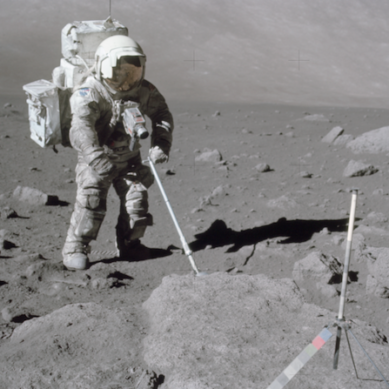Mercedes-Benz Introduces Concept EQ
Mercedes-Benz’s new e-mobility brand takes off with an all-new architecture for battery-electric vehicles. Daimler AG chairman Dieter Zetsche explains, “In 2007, the e-smart was a pioneer of electric motoring. We’re now flipping the switch. We’re ready for the launch of an electric product offensive that will cover all vehicle segments,...
Traffic Terror?
Dozens of car manufacturers and tech companies are racing to bring their proprietary self-driving systems to market. Good for them. However, to truly reap the massive benefits that come with the autonomous vehicle revolution – e.g. saving 30,000 to 40,000 American lives lost per year in car crashes1 and $160...
Autonomous smart vision EQ for two
“The smart vision EQ fortwo is our vision of future urban mobility,” says smart CEO Annette Winkler. “It is the most radical car sharing concept car of all: fully autonomous, with maximum communication capabilities, friendly, comprehensively personalisable and, of course, electric.” The smart vision EQ fortwo concept vehicle demonstrates how...
How to Survive and Thrive in the Age of Digital Disruption
Entering the BMW Group Leipzig plant in Germany is an awe-inspiring experience. My hosts are Rene Te-Strote and Frank Schäfer. Frank is a plant manager responsible for overall vehicle integration. The enormous Central Building was designed by architect Zaha Hadid, who designed some of the most unique buildings of our...
We Can Go To Mars … Soon
Vanderbilt astronomy professor David Weintraub’s new book, Life on Mars: What to Know before We Go, takes a step back from the all-systems-go approach to colonizing another planet and considers the ethics of potentially destroying its bio-ecosystem. There’s no better time to think about the implications of such a trip, Weintraub contends,...
The Science of UFOs
Even just a few decades ago, you would have been laughed out of the room for suggesting that something could be in more than one place at a time, or that anything could operate at speeds faster than light, that the universe is going to expand forever, that light could...
The Navy Diver of the Future
SEALAB I, II, and III were experimental high pressure, underwater habitats developed by the United States Navy in the late 1960s to prove the viability of saturation diving. The program illuminated the path towards extended human life in the last frontier—the deep sea. In so-called saturation diving, the divers live...
A Cautionary Tale from 1915
It may come as a surprise, but ridesharing has existed for over a century in the United States. Since the early 1900s, entrepreneurial drivers with spare time and capital have formed informal share-economies that at times have grown to challenge even the most established transportation providers. But until recently, rideshare...
The New Mechanix Illustrated
Click Here to Read on Issuu (with Download) Click Here to Read on Kindle In this special edition: Shuttle Astronaut Mike Massimino on engineering a path to space with robotics, teleoperation, and innovations in force feedback. Special focus on self-driving cars. Augmented reality in head-up displays. A history of human-machine...
Touching the Moon
“Dust is the number one concern in returning to the Moon” —John Young, Apollo 16 Moon dust can be a real nuisance. During the Apollo missions, the tiny particles stuck to everything and could simply not be wiped off. The dust wore into spacesuits and boots—it even ate into the...


